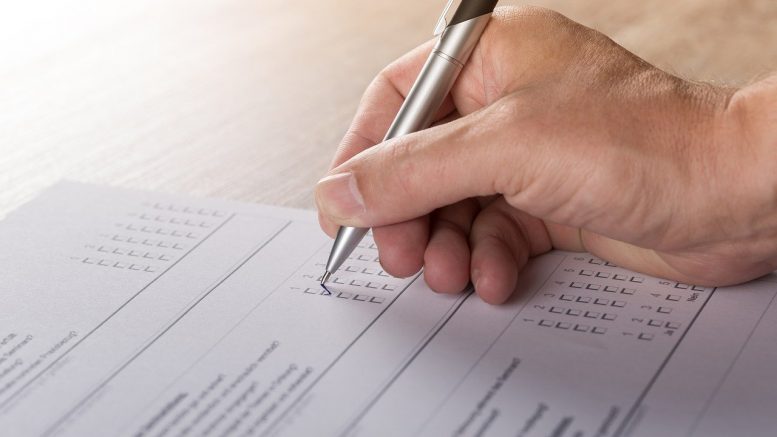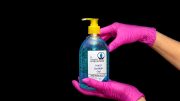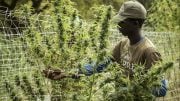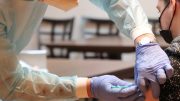After the first vaccines starts to work, and manufacturers reported extraordinary efficacy results for the COVID-19 vaccine candidates, CVS Health nationwide survey found significant hesitancy to getting vaccinated among respondents. The initial survey also showed significant variation in attitudes among different demographic, racial, and ethnic groups.
“With the pandemic surging all around us, much of our individual efforts have been focused on social distancing and other measures to slow the spread. The scientific and medical community meanwhile, has been working to understand and address SARS-CoV2, the virus that causes COVID-19.
With positive clinical trial results being reported for multiple vaccine candidates, we can now look ahead to when we may be able to contain the virus. However, widespread adoption of safe and efficacious vaccines across all communities and populations will be critical to achieving significant control of COVID-19,” – CVS Health report.
Nationwide Survey
The nationwide survey of a sample representative of the U.S. population was designed to better understand how communities across the nation view the vaccine and attitudes toward getting vaccinated, so we can implement the right strategies to address potential address vaccine hesitancy. The researchers also found that vaccine adoption – and hesitancy – varies by age, gender, race/ethnicity, education, and income-level among other factors.
Among survey respondents:
- 28% were interested in a vaccine as soon as it is possible
- 35% would wait until others had been vaccinated
- 20% were uncertain about receiving a vaccination
- 17% did not plan on being vaccinated
“Based on the findings it is evident that to targeted education and awareness campaigns, which address reasons for vaccine hesitancy — such as clinical trial speed, overall safety, ingredients — can help overcome hesitancy. Additional safety and efficacy data on the vaccines, a successful roll-out among priority populations, and targeted outreach efforts could also help convince many who are uncertain,” – the article summarized.
Vaccine Hesitancy And Trust
The results of the first survey need to be continued tracking, so CVS Heath conducted another survey from January 8–11. The survey ran roughly a month after the U.S. Food and Drug Administration (FDA) granted Emergency Use Authorization (EUA) to the first of the vaccines, and the results of the Presidential elections were certified in Congress. It included 2,200 adults and comprised a representative sample of the U.S. population as described by the U.S. Census Bureau. The findings reveal some hopeful signs, as well as some concerning trends.
“The most recent survey found that while the number of people who want to get vaccinated as soon as possible rose to 38 percent of all respondents, so did the percentage of those who definitely do not intend to get vaccinated – up 7 percentage points to 24 percent. Hesitancy not only persisted among racial minorities, the differences grew greater with more than a third – 35 percent – of Black/African American respondents stating they do not plan to get vaccinated, a 9 percentage point increase,” – the company said.
These results have led to work to mobilize awareness and education efforts, incorporating lessons learned from CVS community health programs, such as Project Health, and the company experience with the COVID-19 pandemic to date.
“Given the documented racial disparities, we are also focused on local education efforts driven and delivered by trusted community leaders, advocates, faith-based organizations, nonprofits, and local, community based media,” – was published in the article.





Be the first to comment on "Trends In Vaccine Hesitancy"